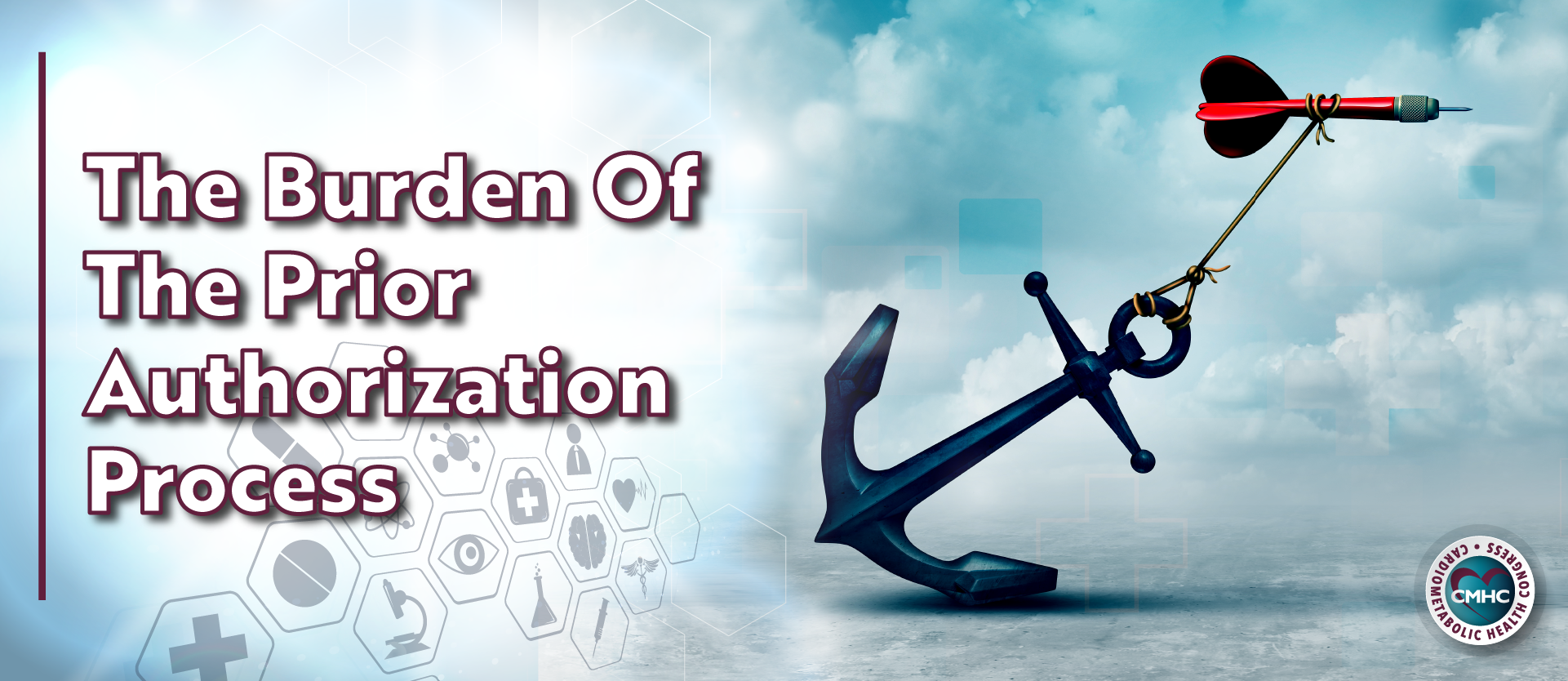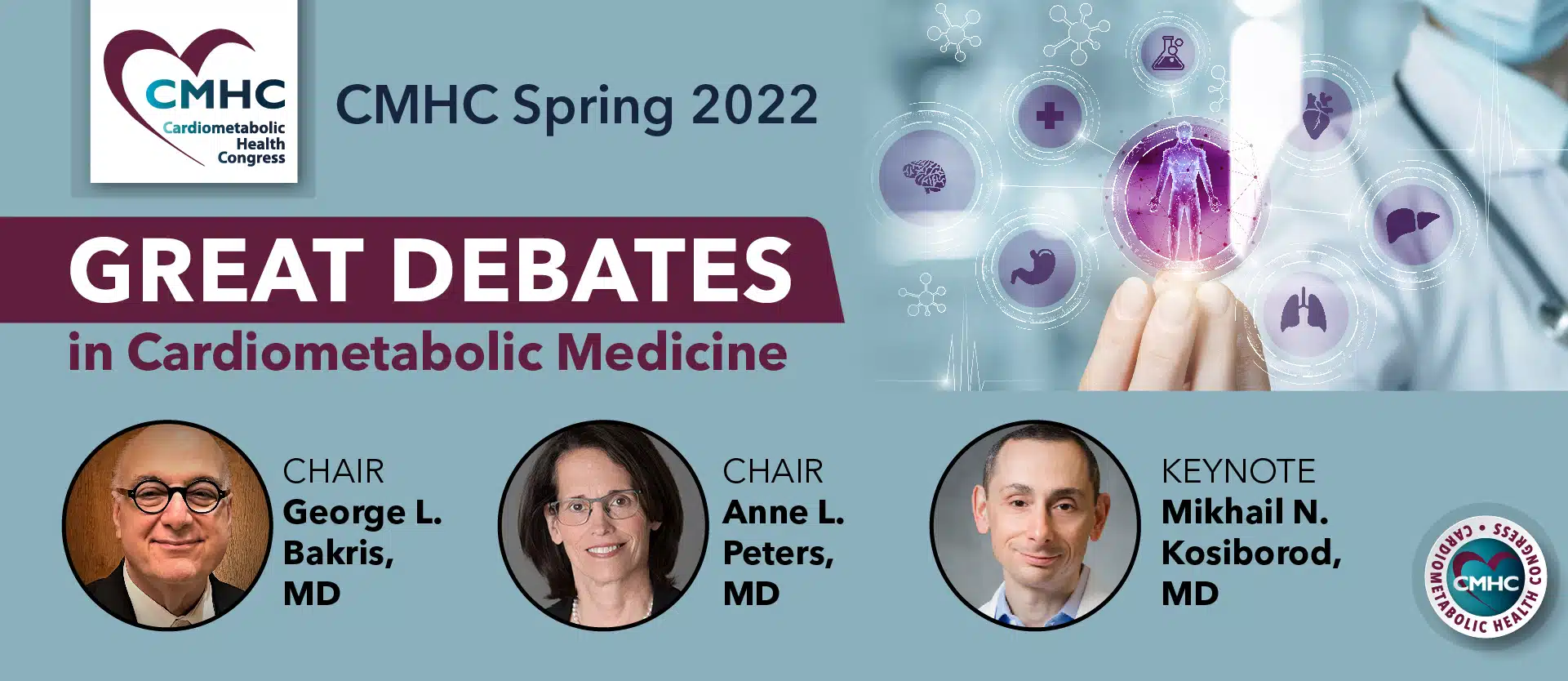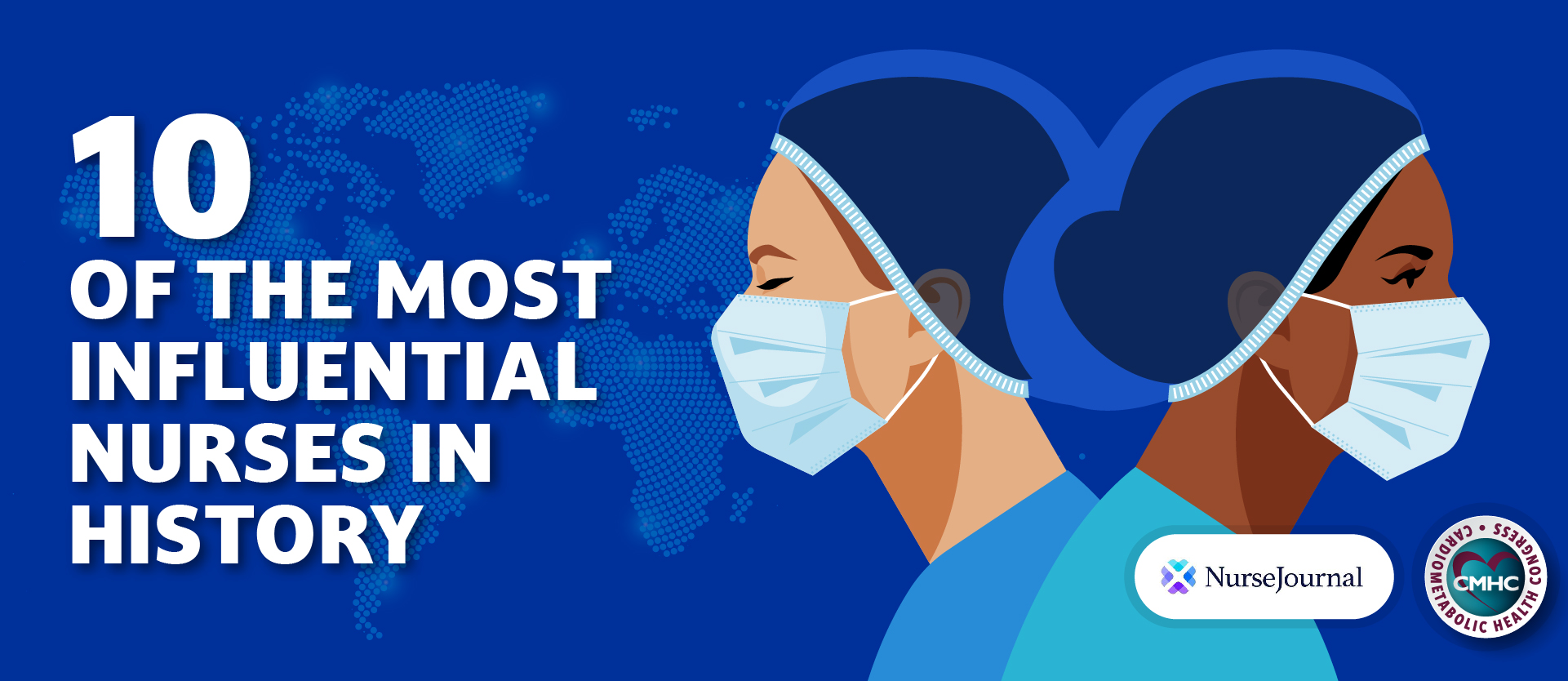Prior authorization (PA) requires healthcare providers to seek approval from a payer before certain medications or procedures will be covered. The PA process can be time-consuming and costly for clinicians, and may impact treatment strategies and patient care. In December 2017, the American Medical Association (AMA) fielded a web-based, 27-question survey distributed to 1,000 physicians. The national sample was comprised of 40% primary care physicians and 60% specialty physicians, all of whom provide 20 or more hours of patient care per week, and routinely complete prior authorizations (PAs) in their respective practices. The collective results of the survey indicated “the significant impact that prior authorization policies can have on both patients and physician practices.”
From a physician impact standpoint, 84% of physicians claim that the burden associated with PA for both physicians and staff is very high. Moreover, 86% report that PA burdens have increased over the past five years, with 51% reporting a ‘significant’ increase. Results further demonstrated that the average total PAs per physician each week totaled 29.1, translating into approximately 14.6 hours spent by physicians/staff to complete the workload. A staggering 79% of physicians claim that they are ‘sometimes, often, or always’ required to repeat PAs for prescription medications, when a patient is stabilized on a treatment regimen for a chronic condition.
Not surprisingly, the PA burden is ultimately passed to the patient, with 92% of patients reporting care delays if their treatment requires PA. Average wait time for PA responses from health plans are at least one business day for 64%; 30% wait at least three business days. Perhaps most alarming is the high percentage of patients—21% ‘always or often,’ 57% ‘sometimes—that convey the correlation between PA and treatment abandonment. An alarming 92% report that PA can have a negative impact on patient clinical outcomes.
The PA burden is a recurring issue that can be found throughout all medical specialties; a recent survey conducted by the American College of Cardiology found that 78% of surveyed cardiologists cite the documentation and administrative burden associated with PA to be a barrier in terms of using newer therapies.
At CMHC, we are dedicated to improving patient outcomes, which often include the inherent burden of the PA process. The 13th Annual Cardiometabolic Health Congress in Boston, taking place from October 24-27, will feature a satellite symposium: Mastering the Prior Authorization Process to Meet Patient Needs. This flipped-classroom approach will utilize infographics, patient case studies, resource center, and a clinician forum to post questions, which will be answered by expert clinicians in the field.
References
1) American Medical Association. “2017 AMA prior authorization physician survey.” 2017, available at https://www.ama-assn.org/sites/default/files/media-browser/public/arc/prior-auth-2017.pdf, accessed May 1, 2018.
2) American College of Cardiology. “Barriers to new medications for cardiovascular disease: insights from CardioSurve.” Cardiology 46.2 (2017): 44-45


















